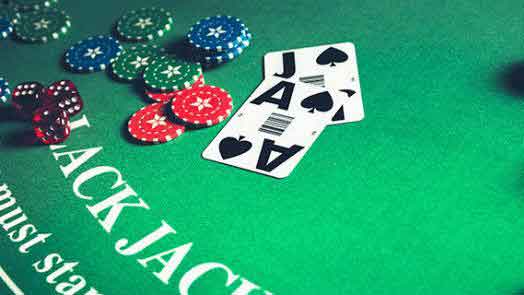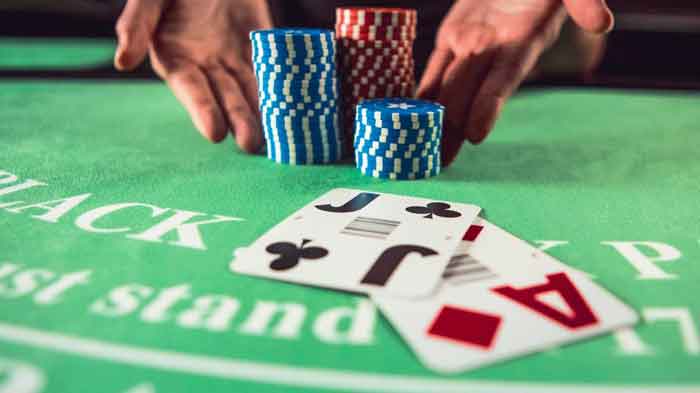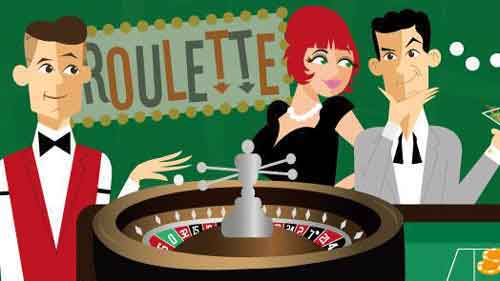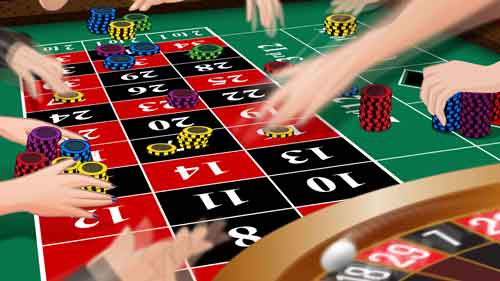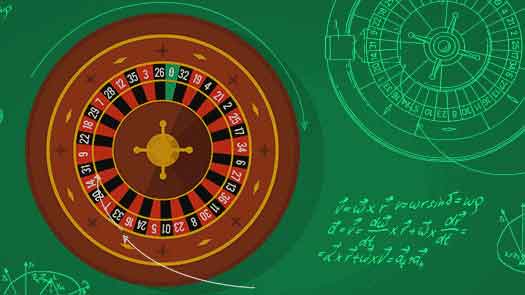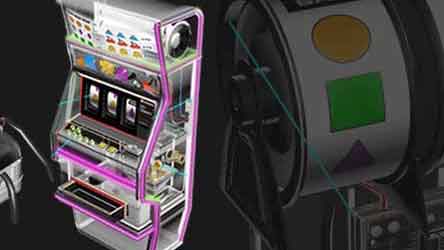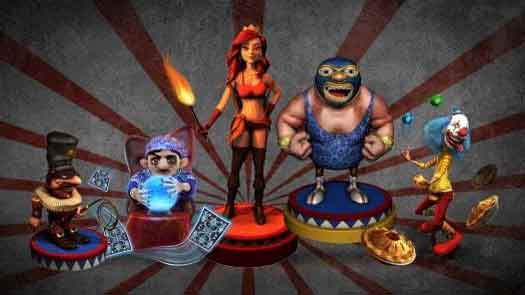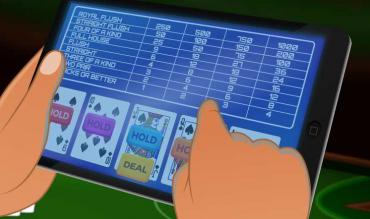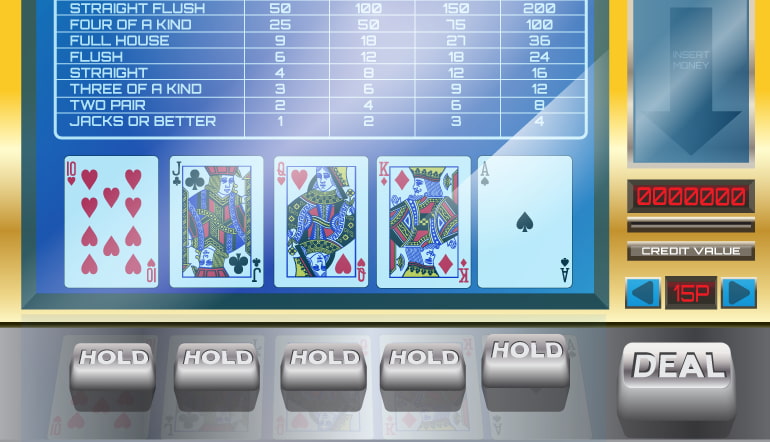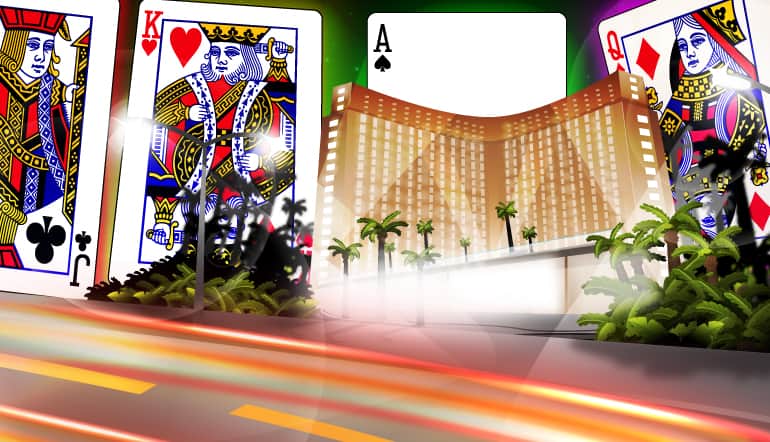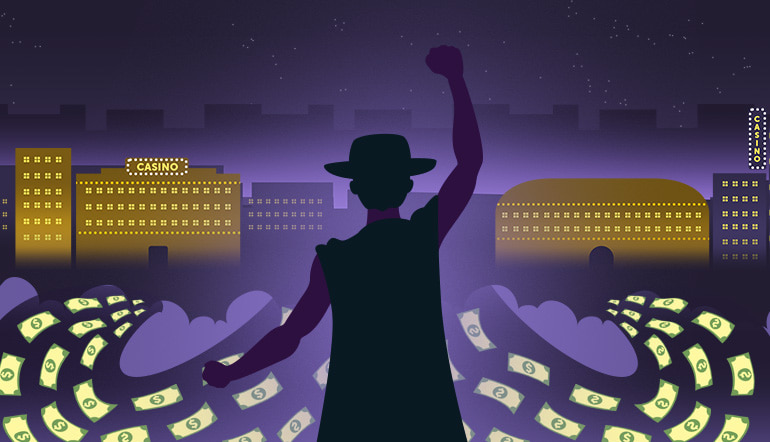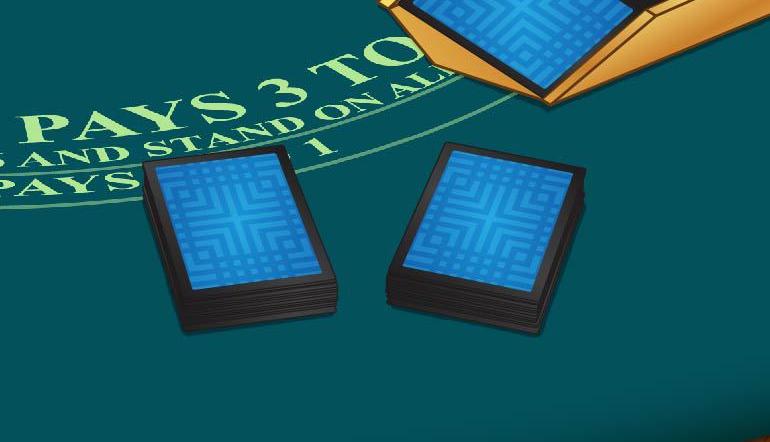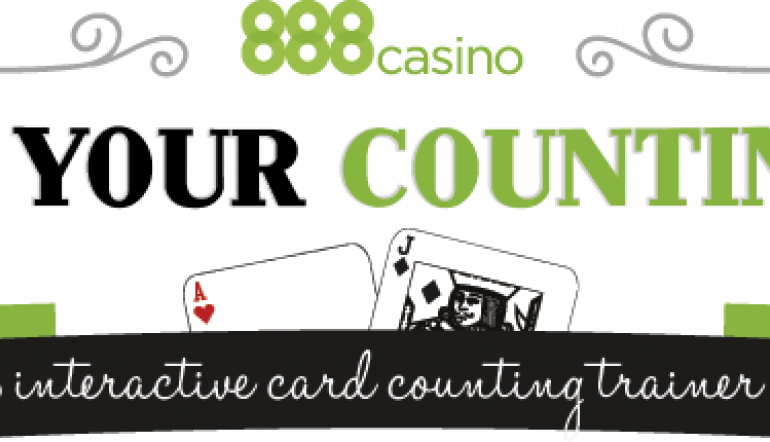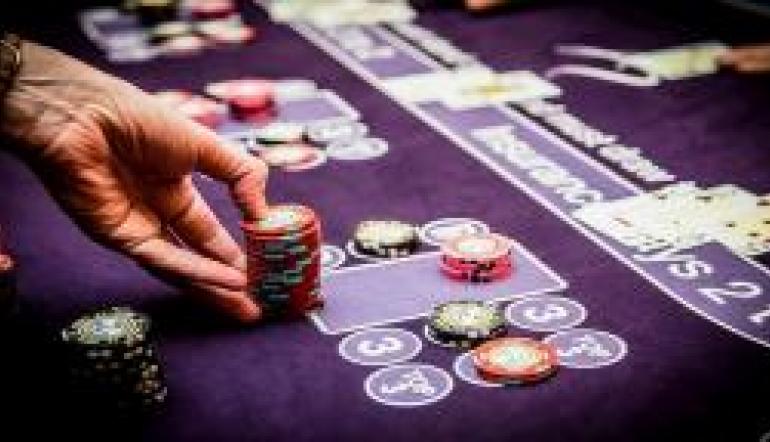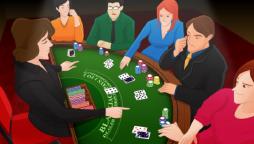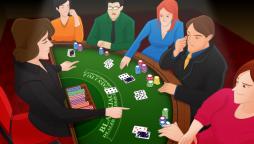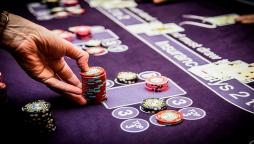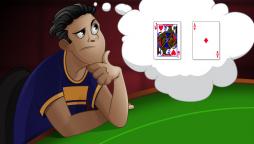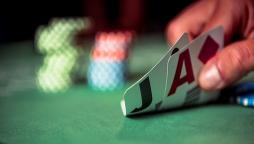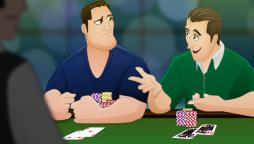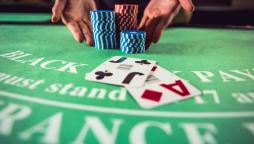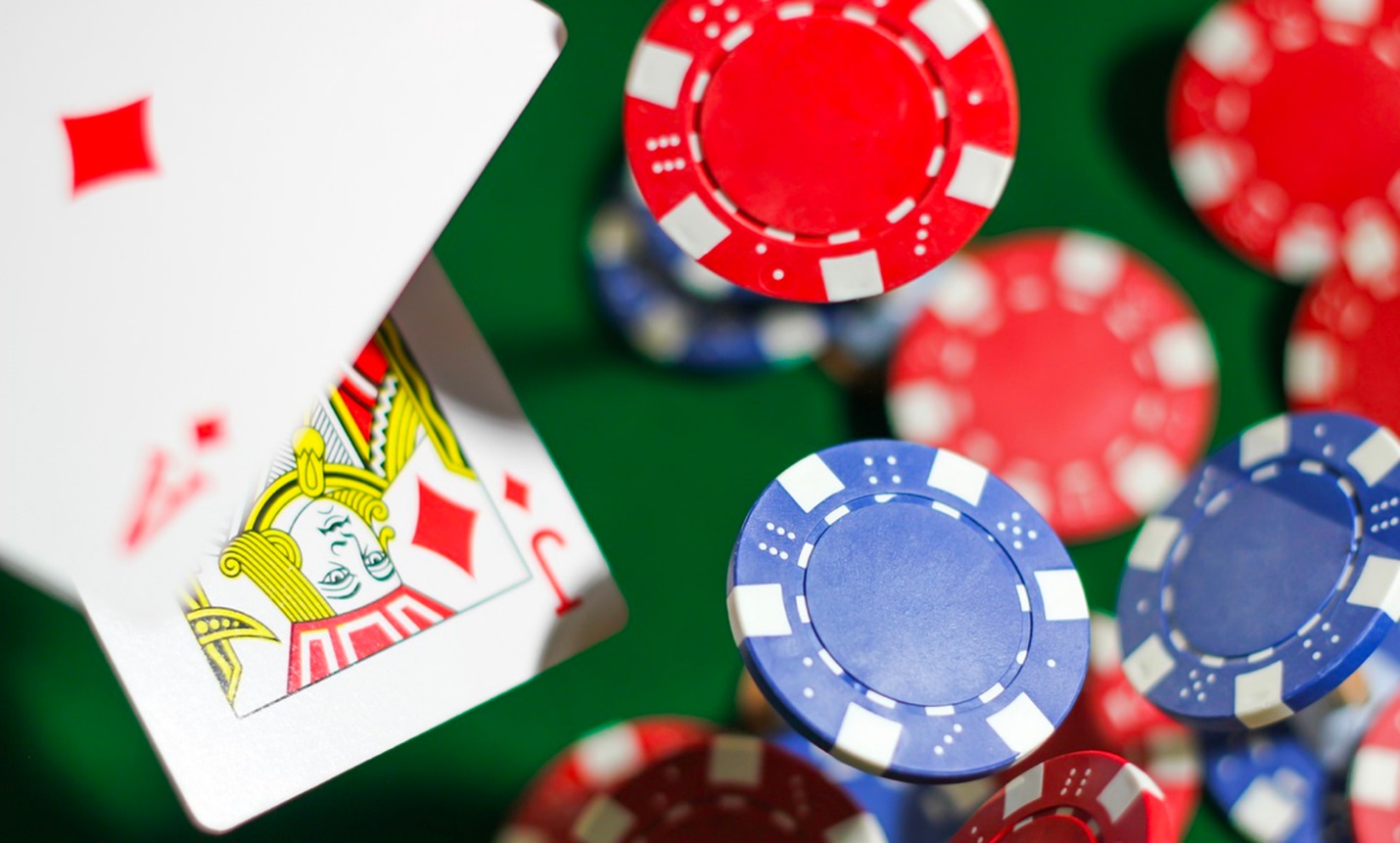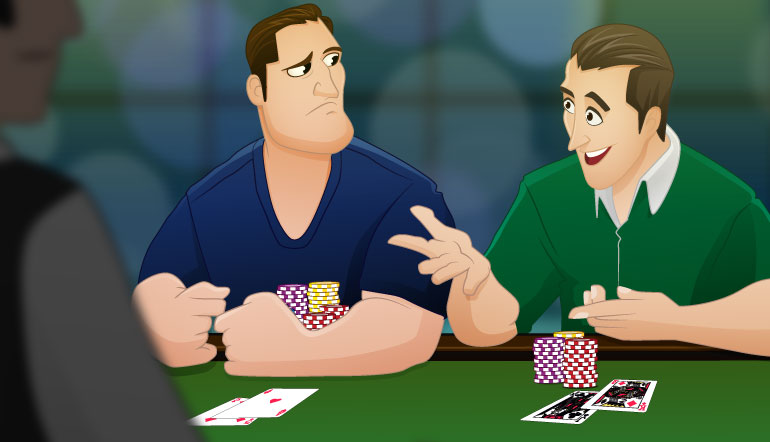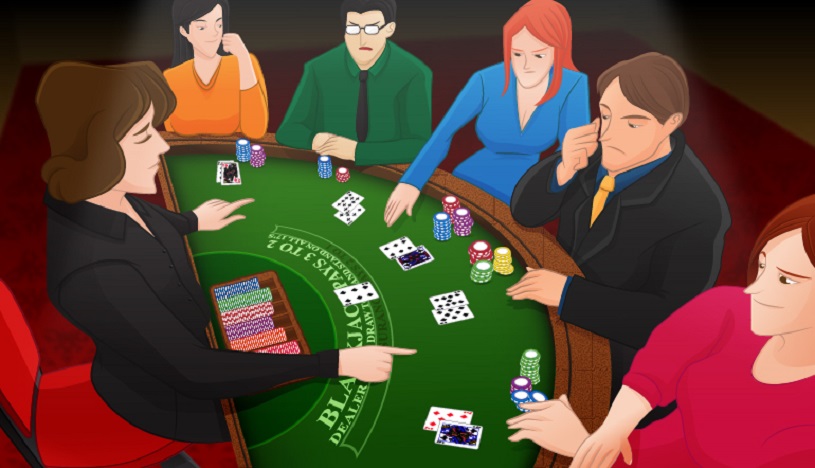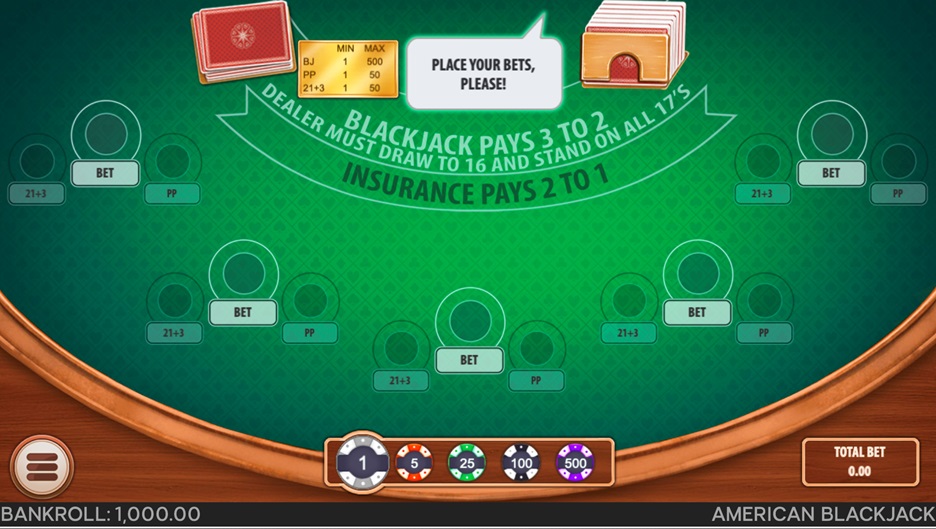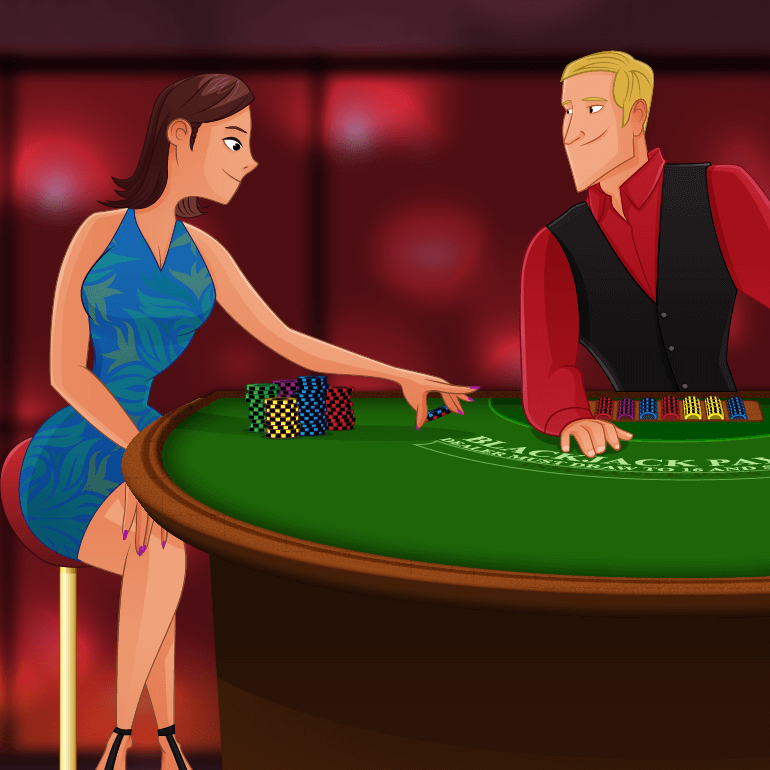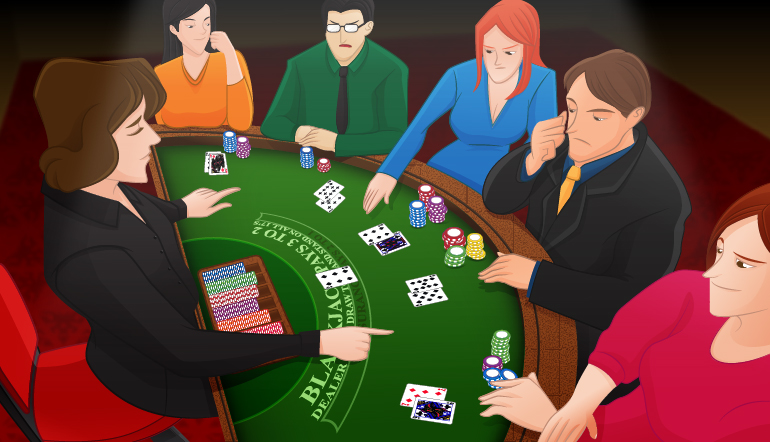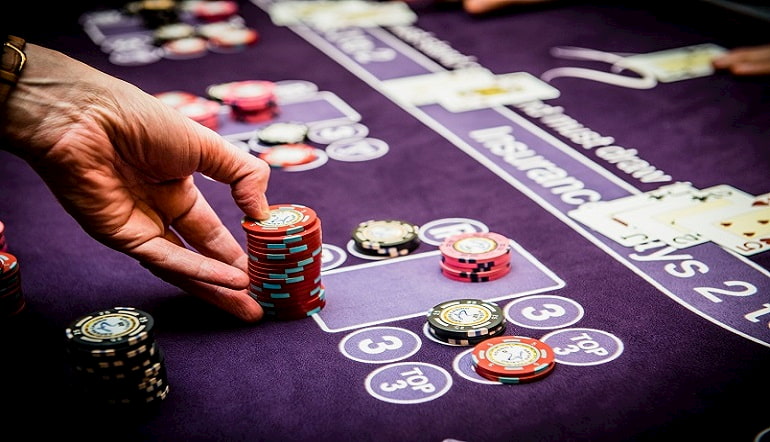When Should You Hit or Stand in Blackjack?
The player is always first to act in blackjack and that is why it is a hard decision when to hit or stand in blackjack. Think about this for a second. The player must always risk drawing additional cards or standing on a hand total before the dealer is required to act.
Let's say you're dealt a Jack of diamonds and a 6 of hearts. That's a hand total of 16 and a pretty good hand at that. If the dealer’s upcard is a 10, should you risk drawing a card greater than 5? Or, should you simply stand on 16? It's an important decision that you're about to make.
Blackjack Payouts Made Simple
For blackjack starters, you don't have to compete against other players for blackjack payouts. It's you against the dealer, in single-hand blackjack games, or multi-hand blackjack games.
As a newcomer to the blackjack scene, you may be surprised to learn that you don't need to form a hand value of 21, or even blackjack to win a game. The only thing that is required is a hand value that beats the dealer's hand, without exceeding 21. That being said, let's get down to the business of blackjack payouts.
Blackjack Insurance
Blackjack insurance is a side bet available to players when the dealer’s upcard is an Ace. In this scenario, players are presented with an interesting proposition: if you take the additional insurance bet, you can protect yourself in the event that the dealer’s hole card is a 10-value card a.k.a, the dealer has a blackjack. The insurance bet is offered at 50% of your original bet, and it pays 2:1.
Blackjack Card Values Explained
Pretty much everyone understands that 21 is the magic number in blackjack. But what about individual cards? Is 10 + Ace the equivalent of King + Ace? What about a multi-card 21 like 7 + 4 + King? How do these combinations stack up? We will unravel the mysteries of blackjack card values by taking on concepts such as Hard Hands, Soft Hands and winning hand totals. Sit back, relax, and enjoy expert insights into blackjack card values.
Blackjack with friends
Blackjack, or 21 as it is endearingly known, is an exciting skill-based casino card game which pits players against dealers in a battle royale for the highest-ranking hand. The objective is to simply beat the dealer's hand total without busting.
The Case for Blackjack Statistics
Blackjack statistics are good for anyone who has ever played Blackjack, and understands the range of emotions that accompany every play. When you’re dealt a strong opening hand, you smile inwardly knowing that the Blackjack gods are on your side.
Blackjack typically pays 3:2 on player-friendly tables, but sometimes has odds of 6:5. Most of the time, it's about cobbling together a strong hand by hitting, splitting, doubling down, or possibly even taking insurance to beat the dealer.
